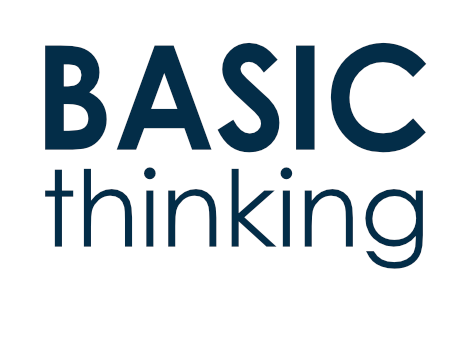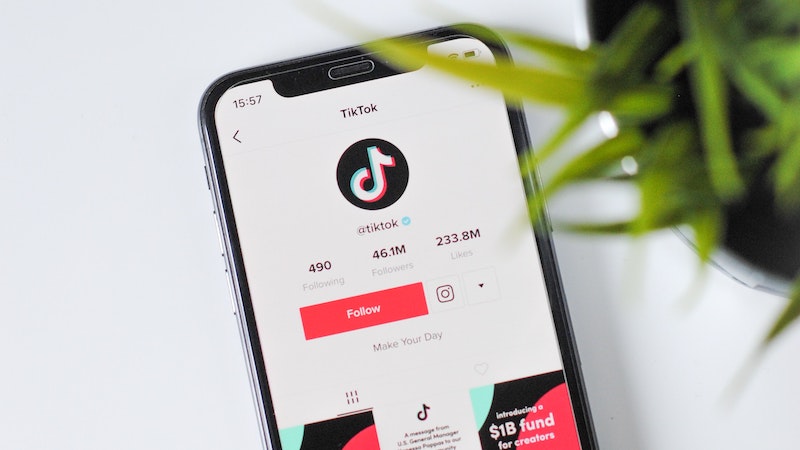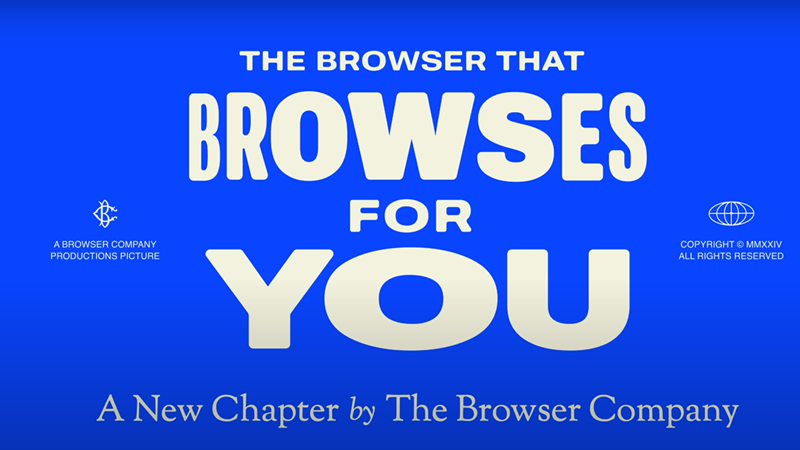Business Week im Artikel Speed Demons (How smart companies are creating new products — and whole new businesses — almost overnight) über die Zunahme des Wettbewerbs über den Faktor Zeit, Time-to-Market wird immer mehr zum neuen Gott erhoben:
The pace is picking up across such industries as retailing, consumer goods, software, electronics, autos, and medical devices. In many realms, the time it takes to bring a product to market has been cut in half during the past three or four years. At Nissan Motor Co. (NSANY ), the development of new cars used to take 21 months. Now, the company is shifting to a 10 1/2-month process. In the cell-phone business, Nokia (NOK ), Motorola (MOT ), and others used to take 12 to 18 months to develop basic models. Today: Six to nine months.
It’s all being driven by a new innovation imperative. Competition is more intense than ever because of the rise of the Asian powerhouses and the spread of disruptive new Internet technologies and business models. Companies realize that all of their attention to efficiency in the past half-decade was fine — but it’s not nearly enough. If they are to thrive in this hypercompetitive environment, they must innovate more and faster.
Of course, speed has been important in business ever since the California Gold Rush. What’s changed in recent years is that a slew of new techniques make it possible to get things done much faster. Start with global outsourcing. A vast network of suppliers around the world stands ready to do everything from manufacturing products to drawing up legal contracts. This helps companies create supply chains that are faster, more flexible, and more efficient than ever before.
Und Misserfolge werden toleriert, zwangsweise. Und man ist bereit, so schnell man eingestiegen ist, auch wieder auszusteigen:
If you don’t fail occasionally, you’re not pushing hard enough. Executives tend to try lots of things, expecting a number of them to flop. It doesn’t matter as long as you produce a steady stream of hits. Even losers can burnish a company’s reputation for innovation if they’re seen as exciting experiments. „It’s not just O.K. to fail; it’s imperative to fail,“ says Seth Godin….
Google may be the highest-profile example of the new philosophy. It launches product after product, more than 100 in the past five years. Not all of them soar: one that didn’t was Froogle, the comparison-shopping site. Marissa Mayer, who helps guide the company’s innovations, says Google wants to try new things and see what resonates with its users. The approach, says Mayer, „frees you from fear.“



















